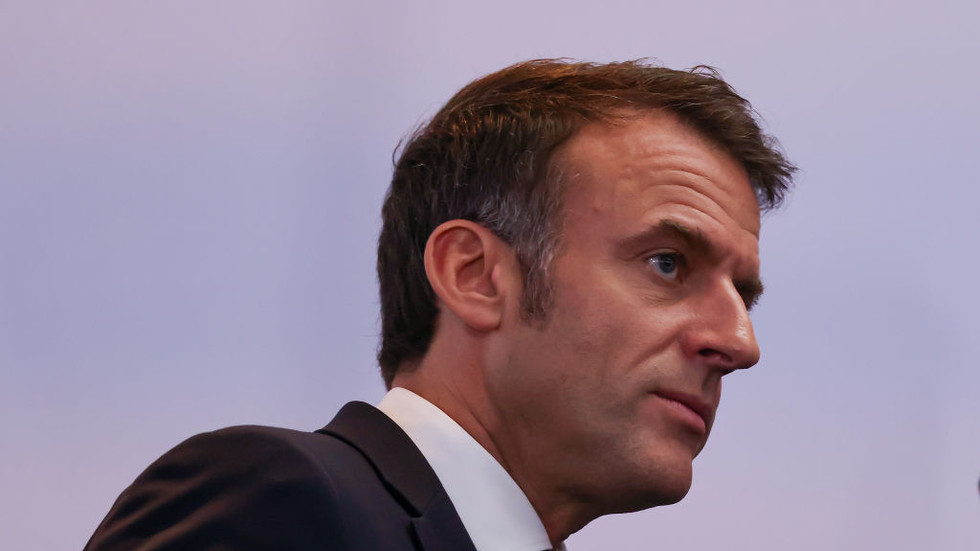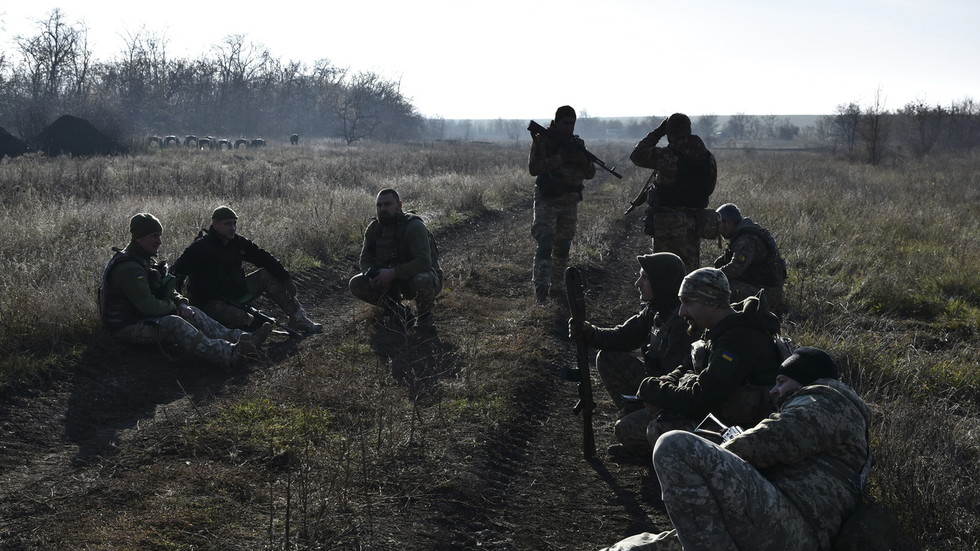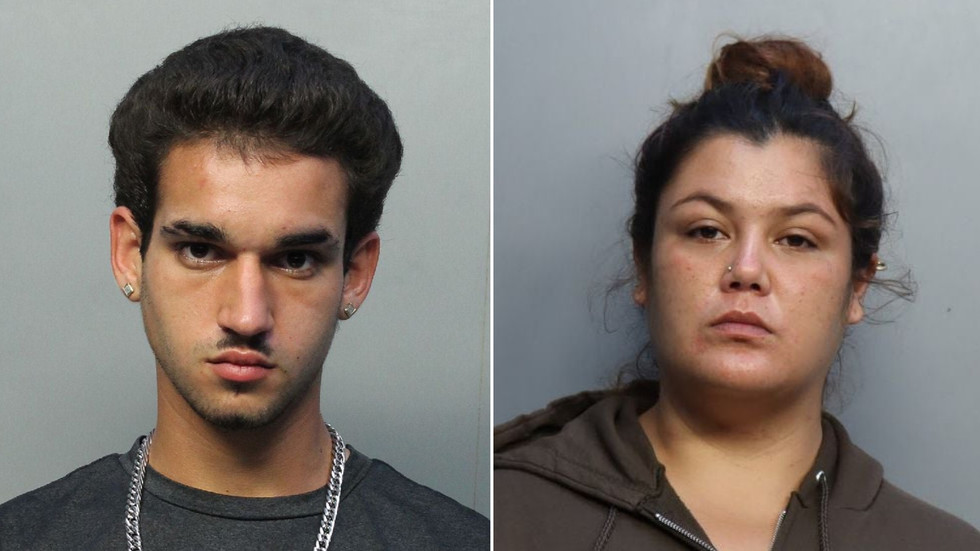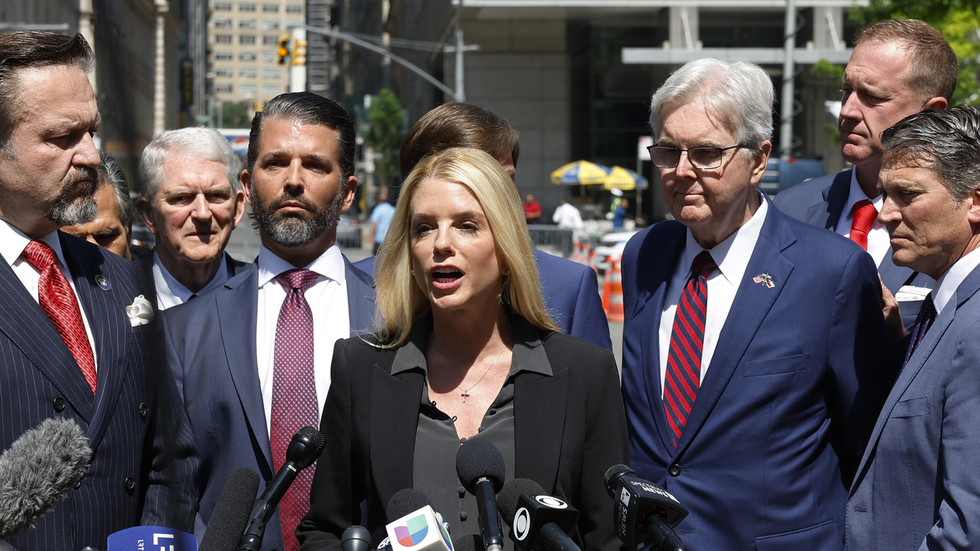On Monday, NDP Premier David Eby introduced his new cabinet, whose “top priorities,” he claims, will be “bringing down costs for families.” Ironically, in doing so, the bare minimum majority government has sworn in a whopping 27 ministers and 14 parliamentary secretaries. The increase in cabinet size over the last term means that 41 out of the party’s 47 MLAs have been assigned a portfolio accompanied with pay raises.
“We’ve been clear with British Columbians that we’re going to ensure sustainable finances moving forward, but we won’t do it at their expense,” Eby claimed during a Victoria news conference after the cabinet swearing-in ceremony.
The bloated cabinet includes both new and familiar faces, with not all re-appointments going to their former assignments.
Among the major shake-up was moving long-time Health Minister Adrian Dix over to the energy portfolio, with former Minister of Energy, Mines and Low Carbon Innovation Josie Osborne taking over the Ministry of Health.
When asked what message the premier is sending to British Columbians by ousting Dix as Health Minister, Eby made no attribution to the province’s crumbling healthcare system, poor cancer care treatment, and loss of trust in public health due to COVID management under Dix.
“I hope it sends the message that the energy file is so critically important for our province's economic future,” answered Eby. “Both the combination of responding to the challenge of climate change with our low-carbon electricity but also the job creation that it represents.”
“I need someone who can deliver, and Adrian is that minister,” added Eby.
Former minister of public safety and solicitor general Mike Farnworth will remain as House leader but has been shuffled over to lead the Ministry of Transportation. Taking over his previous Public Safety portfolio is Surrey-Guildford MLA Garry Begg, who has been credited with securing the NDP’s majority after narrowly winning his seat by 22 votes following a judicial count.
Following the NDP’s highly criticized “safer supply” and decriminalization experiment—which coincided with record-high overdoses in the province during the party’s last term—former mental health and addiction minister Jennifer Whiteside was moved to minister of labour, with her former portfolio now falling under the Ministry of Health.
Despite Vancouver being coined the fentanyl capital of the world and the leading cause of death for children as young as 10 years old being drug overdoses, Eby denied that the major change for mental health and addictions had anything to do with the province’s overdose crisis shortcomings.
“It’s about the challenge and the critical importance of delivering infrastructure related to mental health and addiction treatment centres, detox centres, the kind of infrastructure we need across the province through a ministry that was separate from the Ministry of Health.”
Several cabinet ministers have been re-assigned to their positions, including Niki Sharma continuing as Attorney General as well as George Chow and Grace Lore continuing as Minister of Children and Family Development and Minister of Citizens' Services, respectively. Despite concerns over potential housing development conflicts of interest involving MLA Ravi Kahlon and his family members, he remains as housing minister, with his extended title to include municipal affairs.
Conservative BC and Official Opposition Leader John Rustad took to social media following the ceremony to critique Eby’s formation of the cabinet, suggesting that its size indicates Eby is missing the message British Columbians sent him by voting out so many of the NDP’s previous caucus members.
“This isn’t just government expansion; it’s a blatant misuse of taxpayer dollars—more salaries, administrative costs, and increased public funds being diverted from essential services. Every new minister means more funding spent on administration instead of schools, hospitals, and infrastructure,” stated Rustad.
“It’s clear as day: Eby’s approach is more about political patronage than about efficiently serving the fiscal and governance needs of British Columbia.”

Drea Humphrey
B.C. Bureau Chief
Based in British Columbia, Drea Humphrey reports on Western Canada for Rebel News. Drea’s reporting is not afraid to challenge political correctness, or ask the tough questions that mainstream media tends to avoid.

 By Rebel News | Created at 2024-11-19 23:54:50 | Updated at 2024-11-26 20:34:46
6 days ago
By Rebel News | Created at 2024-11-19 23:54:50 | Updated at 2024-11-26 20:34:46
6 days ago








